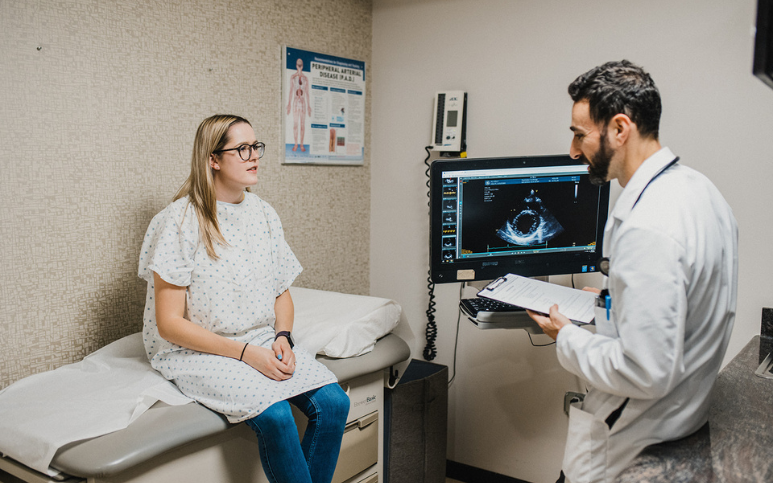What Is A Heart Attack?
A heart attack happens when there’s a blockage in the heart and tissue damage occurs due to lack of oxygen. Your heart is a strong muscle, built to pump blood through your body without pause. When a blood supply loss occurs, however, sections of this muscle start to die off. When this happens, you may suffer a heart attack.A heart attack happens when there’s a blockage in the heart and tissue damage occurs due to lack of oxygen. Your heart is a strong muscle, built to pump blood through your body without pause. When a blood supply loss occurs, however, sections of this muscle start to die off. When this happens, you may suffer a heart attack.
What Are The Causes Of A Heart Attack?
Heart attacks are typically the result of years or decades of damage from unhealthy lifestyle choices, genetics, or environmental factors. Maintaining an unhealthy diet, using tobacco, and leaving serious health conditions such as uncontrolled diabetes can all accelerate the damage that leads to a heart attack.
What Are The Signs And Symptoms Of A Heart Attack?
For most people, intermittent squeezing pressure in the upper chest is the first warning sign of a heart attack. The pain may spread down the arms and torso or move upward toward the neck and jaw.
Other common heart attack warning signs include:
- Shortness of breath
- Cold sweat
- Nausea
- Dizziness
- Coughing
- Sense of impending doom
- Restlessness
These symptoms do not usually resolve from changing positions or taking any other at-home care measures. You must come in for an evaluation and treatment by a heart doc in NYC to halt the damage to your heart and work toward a full recovery.
What Are The Risk Factors Of A Heart Attack?
Risk factors for heart attacks are:
- Smoking
- Increased age
- Family History
- Uncontrolled Diabetes
- Uncontrolled Hypertension (High Blood Pressure)
- Uncontrolled Cholesterol and Lipid levels
- Sedentary Lifestyle and physical inactivity
- Obesity
How Is A Heart Attack Diagnosed?

Heart attacks are diagnosed with the clinical presentation of crushing chest pain that radiates to the left arm and neck, as well as taking a history of presenting illness. Diagnoses also include a 12 lead Electrocardiogram (EKG) which measures the electrical activity of the heart as well as certain blood tests that show damage to the heart. Findings will present with ST- Elevations in a specific assortment of leads that can help determine the location of arterial blockage. Heart attacks can also be diagnosed by cardiac angiogram, which visually shows arterial blockage via CT technology.
What Are The Possible Treatments For A Heart Attack?
When you arrive at the hospital with heart attack symptoms, your cardiologist will perform an electrocardiogram and blood tests to confirm this diagnosis. You may need to undergo surgery or a procedure called cardiac catheterization, or bypass surgery to have blockages removed by stenting or by bypassing the blockage. Your surgeon may remove the blockages using angioplasty techniques or through the placement of a stent. Throughout the treatment process, your care team will monitor your vitals and ensure you are recovering at the expected rate.
Are There Preventative Steps Or Measures To Avoid A Heart Attack?
Managing risk factors such as cholesterol levels, weight, smoking habits, physical activity, diet, and diabetes can help reduce the likelihood of experiencing a heart attack.
What Are The Risks If A Heart Attack Is Left Untreated?
If a heart attack is not treated quickly and properly, it can be fatal. Additionally, it can lead to chronic heart failure, where the heart muscle becomes weaker.
Are There Other Related Conditions To A Heart Attack?
When the heart experiences a sudden event like a heart attack, it can lead to complications such as congestive heart failure. This occurs when the heart’s pumping ability is weakened, resulting in decreased cardiac output and ejection fraction, which are common abnormal changes seen in pathology.



